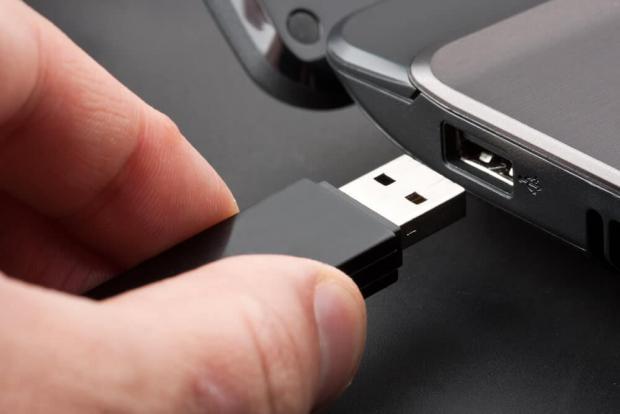
Breaking News
 Trump confirms Dan Bongino is QUITTING FBI to go back to his talk show
Trump confirms Dan Bongino is QUITTING FBI to go back to his talk show
 The full TRUTH about Trump 'Ice Maiden' Susie Wiles and her Vanity Fair disaster...
The full TRUTH about Trump 'Ice Maiden' Susie Wiles and her Vanity Fair disaster...
 Wall Street's $4 Quadrillion Backbone To Roll-Out Tokenized US Treasuries
Wall Street's $4 Quadrillion Backbone To Roll-Out Tokenized US Treasuries
 Silver: Samsung Prepays Mine For 2 Years Supply.
Silver: Samsung Prepays Mine For 2 Years Supply.
Top Tech News
 This tiny dev board is packed with features for ambitious makers
This tiny dev board is packed with features for ambitious makers
 Scientists Discover Gel to Regrow Tooth Enamel
Scientists Discover Gel to Regrow Tooth Enamel
 Vitamin C and Dandelion Root Killing Cancer Cells -- as Former CDC Director Calls for COVID-19...
Vitamin C and Dandelion Root Killing Cancer Cells -- as Former CDC Director Calls for COVID-19...
 Galactic Brain: US firm plans space-based data centers, power grid to challenge China
Galactic Brain: US firm plans space-based data centers, power grid to challenge China
 A microbial cleanup for glyphosate just earned a patent. Here's why that matters
A microbial cleanup for glyphosate just earned a patent. Here's why that matters
 Japan Breaks Internet Speed Record with 5 Million Times Faster Data Transfer
Japan Breaks Internet Speed Record with 5 Million Times Faster Data Transfer
 Advanced Propulsion Resources Part 1 of 2
Advanced Propulsion Resources Part 1 of 2
 PulsarFusion a forward-thinking UK aerospace company, is pushing the boundaries of space travel...
PulsarFusion a forward-thinking UK aerospace company, is pushing the boundaries of space travel...
 Dinky little laser box throws big-screen entertainment from inches away
Dinky little laser box throws big-screen entertainment from inches away
 'World's first' sodium-ion flashlight shines bright even at -40 ºF
'World's first' sodium-ion flashlight shines bright even at -40 ºF
Israel develops method for hacking air-gapped computers - no computer is safe now

Cybersecurity researchers from Ben-Gurion University of the Negev, Israel, came up with a very James Bond-esque way to steal sensitive files from air-gapped systems.
The method is dubbed RAMBO (short for Radiation of Air-gapped Memory Bus for Offense) because it abuses the target computer's RAM memory to steal data, taking advantage of the electromagnetic radiation the memory generates while operating.
An air-gapped system is disconnected from the wider network, and the internet. This is a (relatively) extreme measure reserved only for the most critical of systems, holding the most important data. So, even if a user inadvertently introduces a piece of malware (for example, via a compromised USB device), the malware would still have no way of transmitting the data to the outside world (other than copying the files directly onto the said USB, which is an entirely different beast).
Defending air-gapped systems
However, in this scenario, the malware would tamper with RAM components to allow for a recipient, which needs to be standing relatively close, to exfiltrate sensitive data.
The large caveat is still the fact that a person would need to stand relatively close. Another caveat is that the file transfer done this way is relatively slow. Don't expect to be stealing any large files or databases, since it takes more than two hours to download 1 megabyte of information (for the fossils among you - author included - that's slower than dial-up).
The method could still be used to steal keystrokes, passwords, or other data that doesn't take up too much space.
The best way to defend against these things is simply not to let people near valuable endpoints, the experts conclude.



